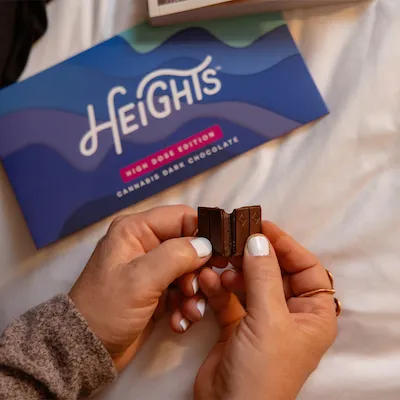Thousands of veterans return home from service with life-altering injuries that cause a wide range of painful physical and mental symptoms—some more obvious than others. Many of these brave men and women must learn to live and cope with these symptoms long after the initial injury has healed. These kinds of ongoing physical symptoms are known as chronic pain, or pain that lasts for more than three months.
More than half of veterans in the U.S., both those returning from recent deployments and older veterans alike, are living with chronic pain. The physical limitations caused by chronic pain can prevent people from finding and maintaining a steady job, while the emotional stress caused by feeling like a burden to loved ones can lead to serious mental health conditions. Even with treatment, the symptoms of chronic pain can make it extremely difficult or impossible for returning veterans to adapt to civilian life.
What is chronic pain?
Chronic pain is any kind of ongoing pain that lasts beyond the “normal” healing time. For example, if you were to break your ankle, you can reasonably expect to experience pain while the injury heals (typically 6-8 weeks). If that same pain continues past when the break is medically considered healed, it becomes chronic pain. This kind of ongoing pain can affect every aspect of someone’s life. Chronic pain can cause permanent disabilities, anxiety, loss of work opportunities, even depression and suicide. Many people living with chronic pain become dependent on opioids and other pharmaceuticals to manage their symptoms, which can then lead to a host of other physical and mental challenges.
How does chronic pain affect veterans?
More than 50-percent of veterans—that’s more than 20 million people—are affected by chronic pain.
Servicemen and women frequently experience traumatic injuries that require weeks, months or even years in recovery. Prescription medications are the most common treatment for acute and chronic pain, however, these pills are typically only meant to provide temporary relief. They are not meant to be used over long periods of time. When these medications are taken for extended periods of time, the body develops a tolerance and the medications become less effective. The need to uptake dosage and switch between drugs can easily be habit-forming and create an unhealthy dependence.
How can cannabis help?
Cannabis has been found to help relieve pain without the potentially deadly side effects of many pharmaceuticals. As an alternative to prescription opioids, cannabis does not have the same threat of overdose or addiction. In fact, studies have found that cannabis can even help people recover from opioid addiction. Cannabis helps to support a life of well-being in many ways, such as improving mood, sleep and appetite.
Chronic pain is a long-term problem that calls for long-term solutions. That means doing something every day that will make you feel better not just today, but in the weeks, months and years to come. Targeting the pain alone is not enough. Cognitive behavioural therapy, a healthy diet, regular exercise, meditation, acupuncture, yoga are all examples of integrative treatments. There are so many things you can do to recover from pain and injury without simply relying on temporary relief.
Cannabis can be part of the toolkit that you can rely on to help maintain your overall well-being. With the support of a physician and the right treatments, cannabis can be used for so much more than just relieving immediate pain. Cannabinoids like THC and CBD interact with the endocannabinoid system, the body’s largest network of receptors, to restore balance and improve vital functions. Incorporating cannabis into your daily routine can help the body regain its natural rhythm so that you can feel more rested, energized, stronger, happier and healthier.








.svg)

